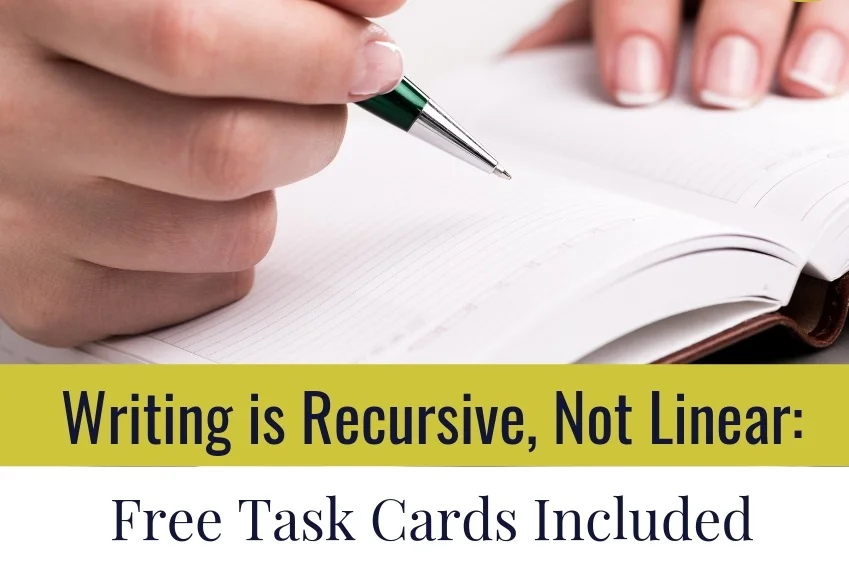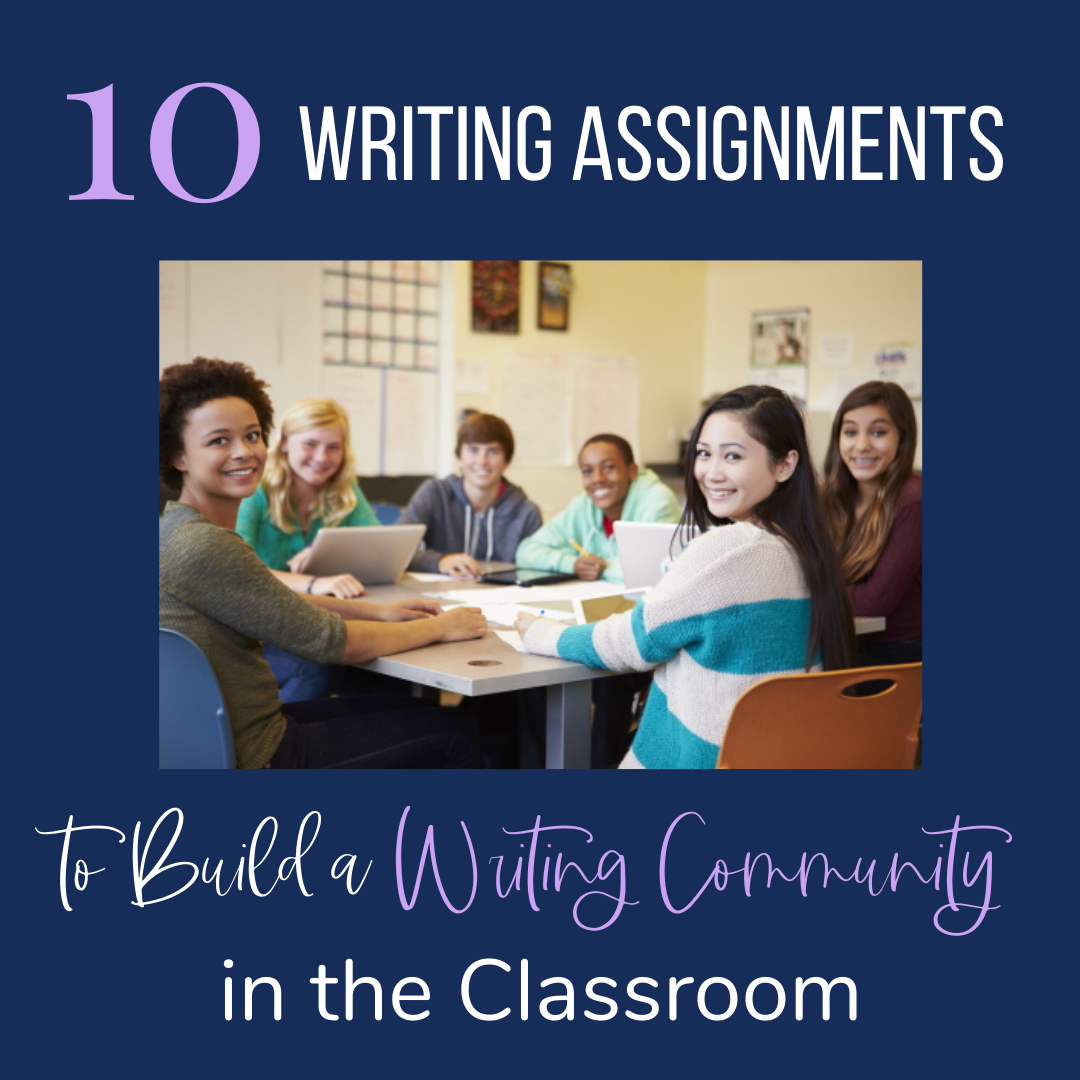Getting students to fully grasp the concept of tone and mood can be a truly difficult and daunting task. Students can have a very difficult time separating the mood they feel while reading from the author’s tone while writing. It can be even more challenging for students to think about the mood they wish a reader to feel while they are writing, which can require them to disregard their own tone.
Read MoreTeachers are busy! The last thing they have time for is writing their own lessons, but sometimes it can be really challenging to find the right lesson. In this article you’ll find links to the best places online for writing mini lessons!
Read MoreI love teaching students the skill of writing suspense during the spooky Halloween season. This is a great time for introducing suspenseful mentor texts and writing suspenseful narratives. I love having students read spooky tales in preparation for writing their own spooky tales.
Read MoreArgumentative writing is a cornerstone of writing across content areas. Essentially, all pieces of writing are an argument.
Read MoreBeing able to decipher the tone of a piece of writing is crucial to being able to decipher the thematic message of a text. This is absolutely true for analyzing poetry.
Read MoreFor years, I have been searching for ways to ‘gamify’ my classroom a bit more to increase engagement in content learning. Last month, I wrote about my argument games- five games to incorporate into your argument/persuasive writing unit. Like these games, my grammar games work to practice these challenging skills in a fun, collaborative, and even competitive manner.
Read MoreIt may come as a surprise to you that my favorite mini lessons are nothing fancy. Rather, they are lessons I tend to come back to again and again throughout the year because students desperately need them. They are lessons that focus less on content and more on behavior and the structure of writing workshop.
Read MoreI yearned for a way to practice skills such as evaluating the sufficiency of evidence and seeing multiple perspectives on a topic. I wished to help them in creating rich and effective arguments with elements of Ethos, Pathos, and Logos. Finally, I needed to find a way to help students in creating effective counter-arguments that actually refute the argument as opposed to simply changing the subject.
Read MoreTeaching high school students to avoid plagiarism is no easy task. Try these strategies from Reading and Writing Haven to scaffold students' understanding and lead them to success.
Read MoreIt's the "most wonderful time of the year" once again! Every year, the holiday season inspires new movie ideas, and some of these movies go on to become some of the most beloved films of all time with some of the most well-known movie speeches in film history.
Read MoreWriting goes all ways: forwards, backwards, sideways, over there, and over here. In fact, the only piece of the writing process that occurs at a set point in time is publishing.
Read MoreTeaching the writing process? Try involving students kinesthetically. Play Doh can work for big kids, too! My high school students absolutely love this writing analogy that walks them through each stage of the writing process as if they were sculptors crafting a masterpiece. Differentiate your instruction with this best-practice, active learning lesson.
Read MoreTeachWriting.org has announced a new writing workshop endeavor for the 2017-2018 school year. This year, the collaborators at TeachWriting are creating DAILY WRITING PROMPTS via their Facebook Page for English teachers in grades 6-12.
Read MoreCreative writing is the art of constructing original ideas by synthesizing literary elements and techniques to communicate an overarching theme about life. Oftentimes in our English classes, we spend more time on the deconstruction process, analyzing works of art by taking them apart.
Read MoreWriting is grammar. Grammar is writing. Sure, there are elements of writing that may not be directly related to grammar, such as word choice, citation rules, and paragraph organization. Still, the ability to take words and play with them skillfully mainly centers around students' mastery of grammar. Teaching writing? When creating a writing culture in my classroom, demonstrating how grammar empowers authors is paramount. As I tell my students, "In this classroom, we do "grammaring."
Read MoreWhen planning for the beginning of the year, teachers need to choose writing assignments that allow for collection of pre-assessment data while also engaging students and building a positive writing community.
Read MoreTeachers know. The end of the year is wild. Testing is over and everyone is ready to sleep in, go on vacations, hang out at the swimming pool and just be free! Summer is just around the corner and yet it is so insanely far away!
Read More"To be a poet is a condition, not a profession." -- Robert Frost
You may find yourself in agreement with Frost's famous quote when it comes to teaching poetry in the secondary classroom. However, love it or hate it, poetry can play a helpful role in teaching students how to write! Famous poems can serve as mentor texts for students and showcase key literary and rhetorical devices in action.
Read More


















